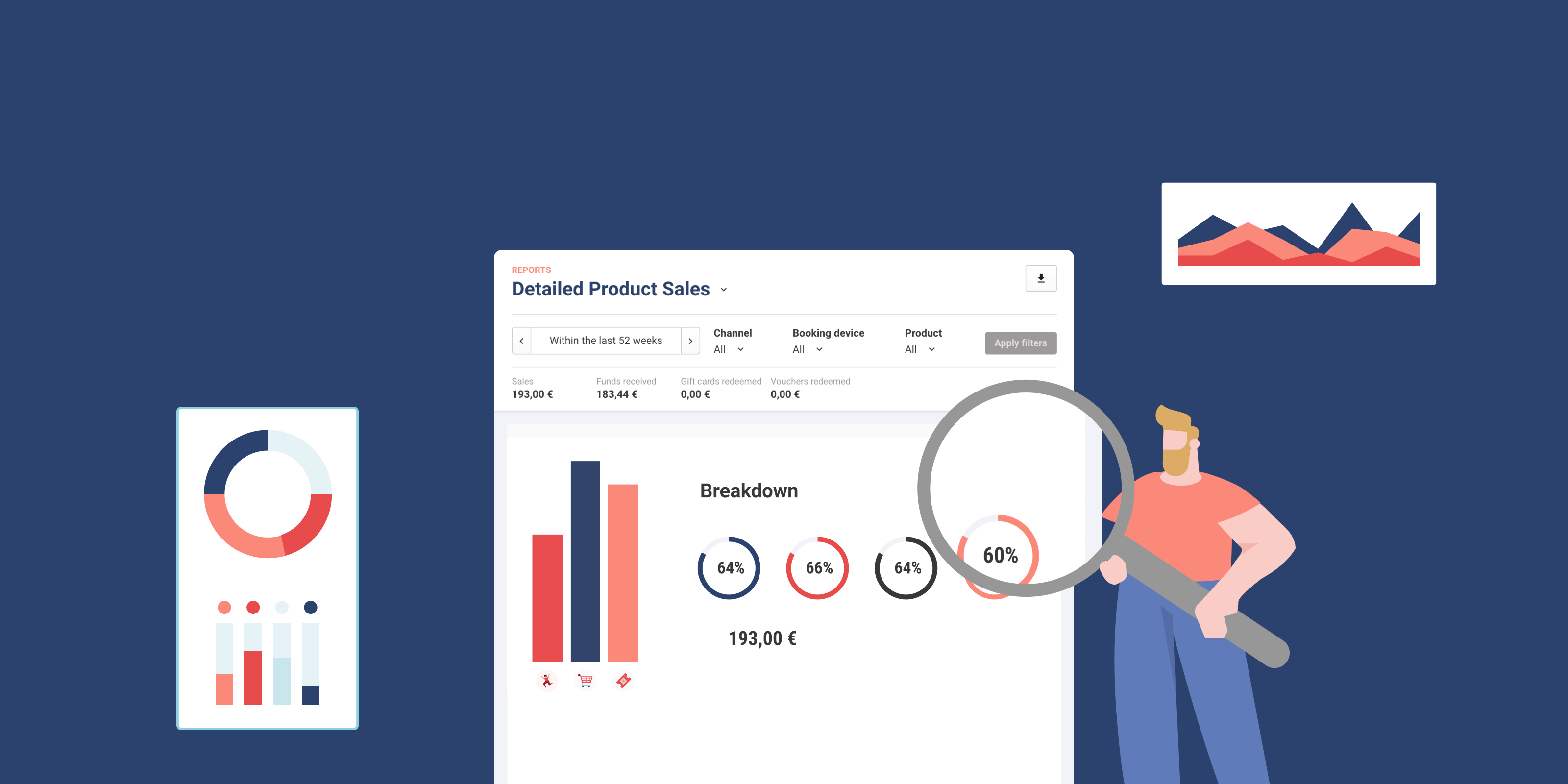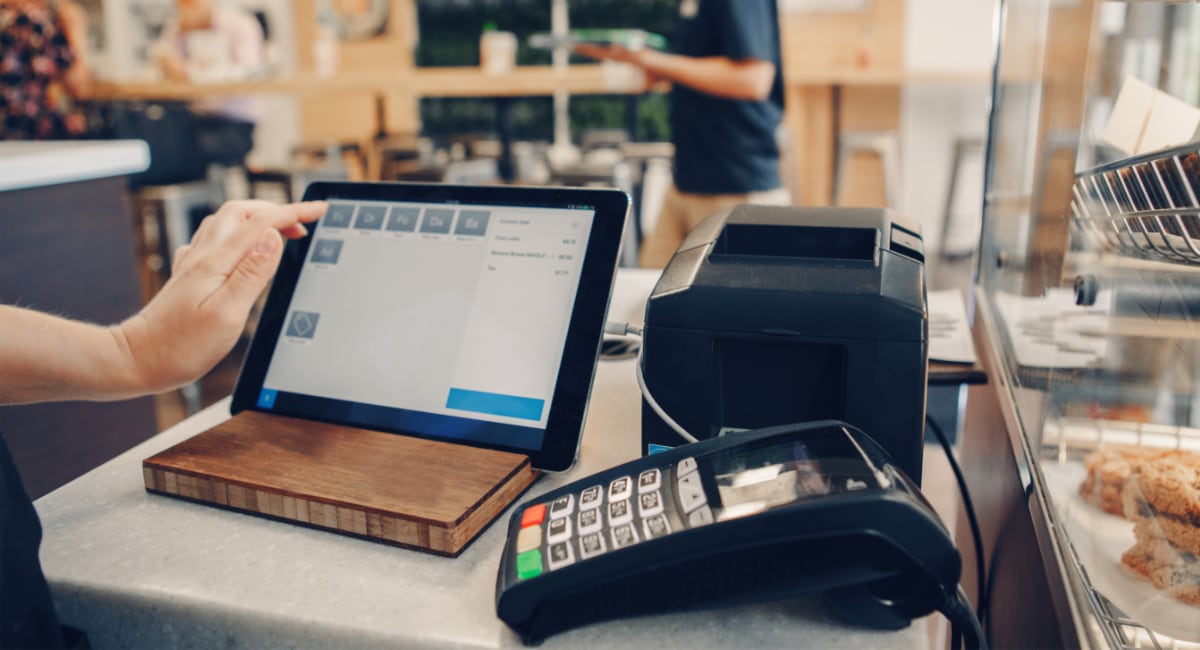The Cost of Not Having a POS System in Your Business

In today’s fast-paced, tech-driven business environment, having the right tools is no longer a luxury—it’s a necessity. One such essential tool for any retail or service-based business is a Point of Sale (POS) system. A POS system does much more than just process transactions; it integrates inventory management, sales tracking, customer relationship management (CRM), and even accounting functions into one seamless platform. Despite its proven benefits, some businesses still operate without one, relying on outdated cash registers or manual methods. While this may seem cost-effective on the surface, the hidden costs of not having a POS system can severely impact your business in the long run.
Here are the key ways in which the absence of a POS system can hurt your business:
1. Inefficient Operations and Lost Time
Time is money, especially in the business world. Without a POS system, your staff may spend countless hours manually tracking inventory, calculating sales totals, or creating reports. These manual processes are not only tedious but also prone to errors. Employees could be dedicating this time to more productive tasks, such as improving customer service or driving sales.
A POS system automates these processes, saving time and ensuring accuracy. For example, real-time inventory tracking eliminates the need for manual stock checks, while automated reporting provides instant insights into sales performance.
2. Poor Inventory Management
Inventory is one of the largest investments for most businesses, and managing it without a POS system can lead to costly mistakes. Overstocking ties up valuable capital and storage space, while understocking leads to lost sales and disappointed customers.
A POS system provides accurate, real-time inventory tracking. It alerts you when stock levels are low and even predicts reorder times based on sales trends. Without this functionality, businesses risk either over-purchasing or running out of high-demand items—both of which can harm profitability.
3. Missed Sales Opportunities
Not having a POS system can also limit your ability to maximize sales opportunities. Advanced POS systems offer tools like customer profiles, sales history tracking, and personalized promotions. These tools help businesses tailor their offerings to meet customer needs, driving repeat purchases and customer loyalty.
Without a POS system, it’s difficult to understand what your customers want or to track their purchasing habits, leading to missed opportunities for upselling, cross-selling, or running targeted marketing campaigns.
4. Ineffective Financial Management
Manual transaction recording can lead to inaccuracies in your financial data. These errors can complicate tax filing, payroll, and budget planning, potentially leading to compliance issues or financial penalties.
A POS system integrates with accounting software, providing accurate financial data in real-time. It simplifies tasks like tax calculations, expense tracking, and sales reporting. Without it, you risk mismanaging your finances, which could hinder business growth.
5. Increased Risk of Fraud and Theft
Without the detailed tracking capabilities of a POS system, businesses are more vulnerable to employee theft and fraud. For instance, manual cash handling can lead to discrepancies that are difficult to trace. Inventory theft can also go unnoticed without a proper tracking system in place.
A POS system provides a digital audit trail, making it easier to identify irregularities. Features like secure employee login and transaction tracking help deter fraudulent activities and protect your business assets.
6. Lack of Data Insights
Data is one of the most valuable assets for any modern business. A POS system collects and organizes data on sales trends, customer behavior, and employee performance, providing actionable insights. This data helps businesses make informed decisions, from pricing strategies to staffing levels.
Without a POS system, gaining these insights becomes a time-consuming and often imprecise process, leaving businesses to rely on guesswork rather than data-driven strategies.
7. Poor Customer Experience
In the competitive world of retail and services, customer experience is everything. Long checkout lines, incorrect pricing, and limited payment options can frustrate customers and drive them to competitors.
A POS system speeds up the checkout process, supports multiple payment methods, and even offers options for digital receipts. It also integrates with loyalty programs, rewarding repeat customers and enhancing their overall experience. Businesses without these capabilities may struggle to keep customers satisfied and loyal.
8. Missed Integration with Online Sales
In the age of e-commerce, businesses often need to manage both physical and online sales channels. A POS system allows seamless integration between these channels, syncing inventory, sales data, and customer information.
Without a POS system, managing these operations separately can lead to discrepancies, inefficiencies, and a disjointed customer experience, potentially costing you valuable sales.
Conclusion
While skipping a POS system might seem like a way to save money initially, the hidden costs of inefficiencies, lost sales, poor customer experiences, and operational risks can quickly outweigh any savings. Investing in a modern POS system is not just about keeping up with technology; it’s about ensuring your business runs efficiently, remains competitive, and delivers value to your customers.
If you haven’t already, consider evaluating your business needs and exploring POS system options. The initial investment is well worth the long-term benefits, ensuring your business is equipped to thrive in an increasingly digital marketplace.
Visit our site at www.dibtech.com.au
Visit our YouTube channel for tutorials Dibtech






